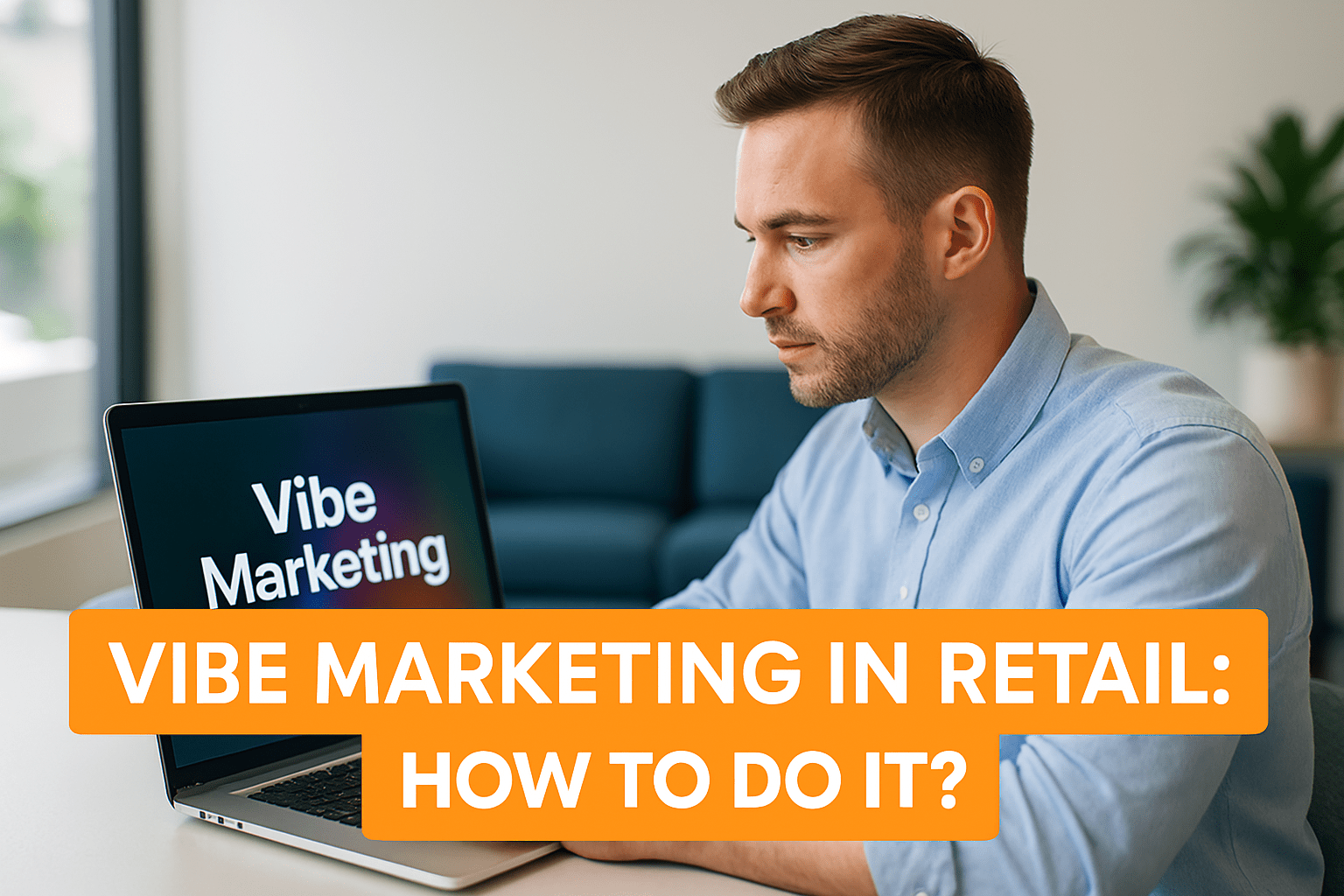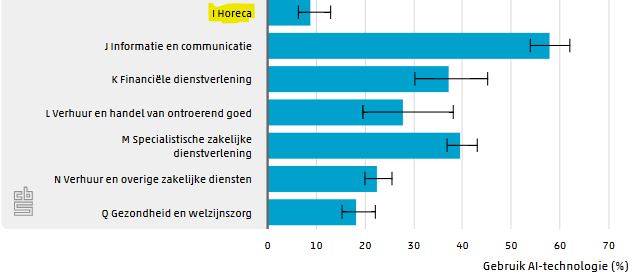A new concept is emerging: vibe marketing. Coined in tech, vibe marketing now describes a hands-on-yet-automated approach to managing customer engagement. In loyalty marketing, it means using intelligent tools to create highly personalized, data-driven programs—without getting lost in technical complexity. Rather than replace marketers, vibe marketing frees them to focus on strategy and creativity. For those looking to scale loyalty efforts with precision and agility, VEMT provides the structure and automation needed to bring the right “vibe” to every customer interaction.

Gartner Brand Performance Report shows value of Loyalty Program
Every year, market research and analysis company Gartner measures the digital performance of well-known brands and translates the results into their annual Digital IQ Index. Recently, they analyzed the performance of 1,402 companies over 15 industries and used hundreds of marketing data points. Remarkably only 3% received the “Genius” classification, which is surprisingly disappointing for many brands. These geniuses grew revenue by 8.6% compared to the year before and achieved 10.9 times more site traffic than their peers.
Brand Marketers can learn 3 lessons from the top performing brands, and interestingly, they are all related to your loyalty program:
Lesson 1: Exchange of Customer Data
Genius brands are quite good at obtaining customer data and they prioritize collecting ‘first-party data’ (or even zero-party customer data), contrary to advertising brands who mainly use third-party customer data to attract customers. They use this first-party data to provide a better customer experience and develop high-quality, exclusive content that makes sharing personal information worthwhile. Adding loyalty rewards for sharing personal and preference data to the equation, plus the identification of identified behavior, enabled by their loyalty program, allows them to build up a larger and better database with first-party customer data compared to brands that focus at advertising. These brands also invest in interactive tools to address common customer problems, such as smart product visualizations or handy price calculators, which are used more than average when placed in a ‘my account page’ typically found in loyalty programs.
Lesson 2: Long term and short term thinking
Genius brands strike the right balance between short and long-term strategies. They don’t just focus on ad hoc advertising for quick results or at a static content strategy for the long-term. Genius brands are relatively quick to identify trending interests and adjust their advertising strategy accordingly in order to gain market share before the competition catches up.
Part of their genius smartness is that they create both ‘fast’ and ‘slow’ content. This is to quickly gain visibility on popular topics, while building credibility on important themes. How do they realize this strategy of spotting what’s relevant to their customers, you could ask? The answer is largely to be found in the loyalty program: they use customer data they collect with their loyalty program (see next lesson) and with review/rating features.
Lesson 3: Tailored customer journey
Winning B2C brands offer a tailored experience that meets the different needs of customers in the purchase process. They allow customers to set goals or identify problems with VR tools, virtual planners, digital advisors, or handy analysis instruments and they do this 2.2x better. The best performing B2B brands provide self-service for an increasing number of customers who prefer to shop without representatives.
These three lessons will prove to be of growing importance in the coming years, when third-party customer data will be used even less so due to changes in cookie-storage in browsers and the strongly decreasing ROAS. The most recent AI driven wars between the advertising giants won’t help brands to plan and predict a sustainable advertising strategy, so genius brands with loyalty programs will profit even more from their relatively stable access to first party data. Smart brand marketers should design their roadmaps accordingly.
Question 1:
How can brands effectively collect and utilize zero-party data within their loyalty programs to enhance personalized marketing efforts without infringing on customer privacy?
Answer:
Brands can enhance personalized marketing by designing engaging and transparent methods for collecting zero-party data within their loyalty programs. This involves creating interactive experiences, such as quizzes, polls, and preference centers, where customers voluntarily share their interests, preferences, and desires. Transparency about data use is crucial; brands should clearly communicate how customer data will be used to improve their experience and offer value in return for their information. Implementing robust data security measures and adhering to privacy regulations will ensure customer trust. Additionally, brands can leverage this data to tailor rewards, content, and recommendations, making the customer experience more relevant and engaging.
Question 2:
Considering the shift away from third-party data, what innovative strategies can brands adopt to ensure the continuous engagement and growth of their loyalty programs?
Answer:
With the decline in reliance on third-party data, brands need to adopt innovative strategies to keep their loyalty programs engaging and growing. One approach is gamification, incorporating game design elements into the loyalty experience to make participation more fun and rewarding. Another strategy is the integration of augmented reality (AR) and virtual reality (VR) technologies to create immersive experiences that encourage interaction and data sharing. Brands can also explore partnerships with complementary businesses to offer unique and valuable rewards that extend beyond their own products and services, enhancing the appeal of their loyalty programs. Additionally, leveraging machine learning algorithms to analyze first-party data can help brands predict customer behavior and preferences, allowing for more personalized and proactive engagement.
Question 3:
In the context of increasing scrutiny over data privacy and the evolving digital landscape, how can brands future-proof their loyalty programs against potential regulatory and technological changes?
Answer:
Future-proofing loyalty programs in the face of regulatory and technological changes involves several proactive strategies. Firstly, brands should build flexibility into their loyalty programs, allowing them to adapt to new laws and consumer expectations regarding data privacy. This includes the capability to easily modify data collection, storage, and processing practices. Secondly, investing in privacy-by-design principles ensures that data protection is an integral part of the loyalty program’s development and operation. Thirdly, brands should stay informed about emerging technologies and trends, such as blockchain for secure and transparent customer data management, and prepare to integrate such innovations to enhance program resilience. Regularly reviewing and updating the loyalty program to align with best practices in data ethics and technology will also help maintain its relevance and effectiveness amidst changing landscapes.





